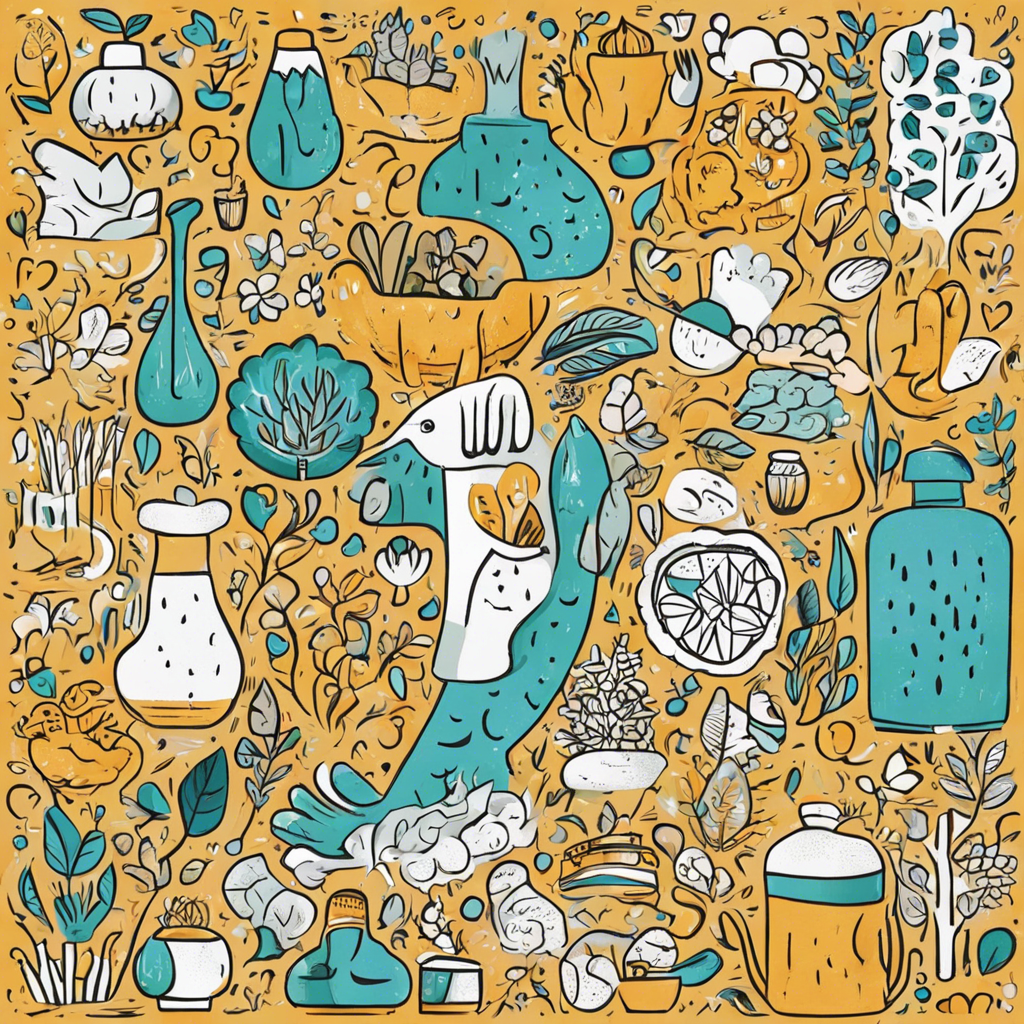Our gut is often referred to as our ‘second brain’, and this notion is supported by a growing body of research. The connection between our gut health and our mental wellbeing is a fascinating area of study, with implications for how we understand and care for our overall health.
The gut-brain axis is a bidirectional communication system between the central nervous system (CNS) and the enteric nervous system (ENS), often known as the gut. This link allows the CNS and the ENS to influence each other, which is why the health of our gut can have such a significant impact on our mental state. The millions of neurons in the gut, for instance, produce serotonin, a neurotransmitter that regulates mood, appetite, and sleep. In fact, about 90% of the body’s serotonin is produced in the gut.
A balanced gut microbiome is key to maintaining this delicate gut-brain connection. Our gut microbiome is made up of trillions of microorganisms, including bacteria, viruses, and fungi, which play an essential role in our digestion, immunity, and overall health. An imbalance in this delicate ecosystem can lead to digestive issues, such as inflammation and leaky gut syndrome, but also to mental health disorders, including anxiety and depression.
Probiotics and prebiotics are one way to support a healthy gut microbiome. Probiotics are live microorganisms that offer health benefits when consumed, usually in fermented foods or supplements. Prebiotics, on the other hand, are types of fiber that act as food for the probiotics, helping them grow and thrive. Including probiotic-rich foods like yogurt, kefir, sauerkraut, and kimchi in your diet can be beneficial, as can prebiotic-rich foods like asparagus, bananas, and onions.
Additionally, stress management practices, such as meditation and deep breathing, can positively impact gut health. This is because stress can negatively affect the balance of bacteria in the gut, reducing beneficial bacteria and increasing harmful bacteria. Getting enough sleep and exercising regularly have also been shown to support a healthy gut and improve mental wellbeing.
Fostering diversity in the gut microbiome is key to overall health. A diverse microbiome is a resilient one, better able to resist disruption and imbalance. To encourage diversity, it’s important to eat a varied diet rich in whole foods, including plenty of plant-based options.
Taking steps to improve your gut health can have a positive impact on your mental wellbeing, and vice versa. The gut-brain connection is a powerful reminder that our mental and physical health are intrinsically linked. By nurturing this connection, we can improve our overall health and sense of wellbeing.
So, how can we support both our gut and our mind? A holistic approach is best: eat a varied diet rich in probiotic and prebiotic foods, manage stress, get enough sleep, and stay active. By taking care of our gut, we can also nurture our mental wellbeing and overall health.
